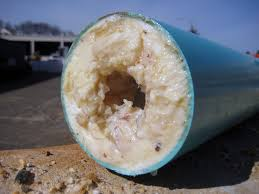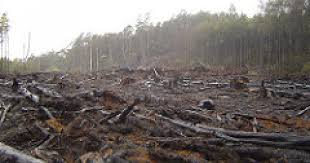Disposing of cooking oil can be confusing, especially when you’re unsure about the best method. While it may seem convenient to pour it down the sink, doing so can lead to significant plumbing issues and environmental harm.
The dangers of pouring oil down the drain
When oil is poured down the sink, it doesn’t simply wash away. As the oil cools, it solidifies, potentially causing blockages in your pipes. These blockages can accumulate over time, leading to more severe clogs that could need costly repairs. As reported in The Guardian, even small amounts of oil can contribute to this problem, especially in older pipes.
Moreover, oil doesn’t just affect your household plumbing. Once it leaves your pipes, it can contribute to the formation of “fatbergs” in the sewer system. These massive, hardened blockages consist of congealed fats, oils, grease and other materials, causing severe disruptions in public sewer systems.
Better alternatives for oil disposal
Given the risks associated with pouring oil down the sink, alternative disposal methods are essential. One recommended approach is to let the oil cool before transferring it into a sealable container, which can then be disposed of in the bin. For larger quantities of oil, consider taking it to a recycling centre where it can be repurposed as biofuel.
If you have poured oil down your sink and come across problems, local solutions such as a CCTV drain survey Leicester might be necessary to assess the condition of your pipes. A CCTV survey, such as those carried out by www.wilkinson-env.co.uk/drainage-services-cctv-surveys-midlands/cctv-drain-surveys/cctv-drain-surveys-leicester/ , can identify blockages and damage, potentially preventing costly repairs in the future.
Prevention is better than cure
Prevention remains the best strategy to avoid problems with your drains. Ensuring that oil never enters the drain in the first place is the most effective way to protect both your plumbing and the environment.
In conclusion, pouring oil down the sink is not advisable due to the potential for significant plumbing issues and environmental harm. Instead, opt for safer disposal methods and consider professional help if you’ve already made this mistake.


